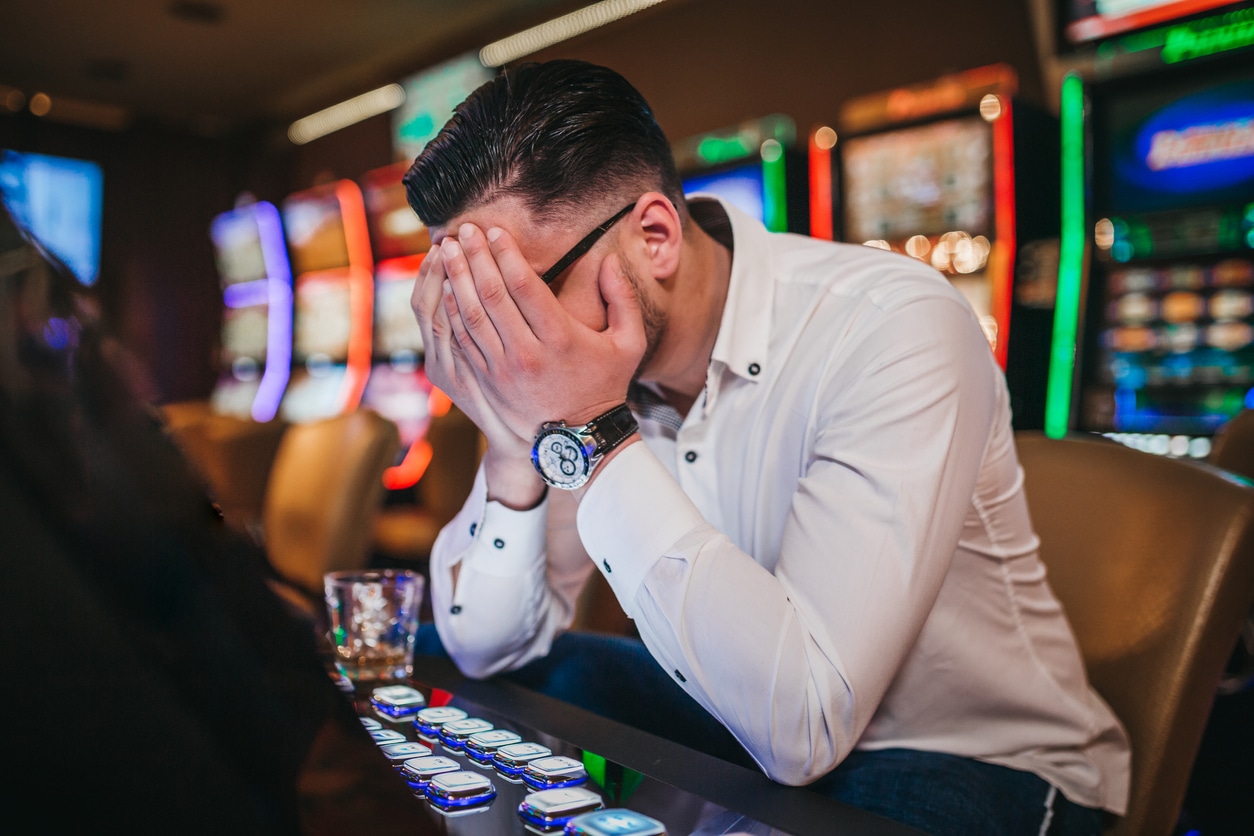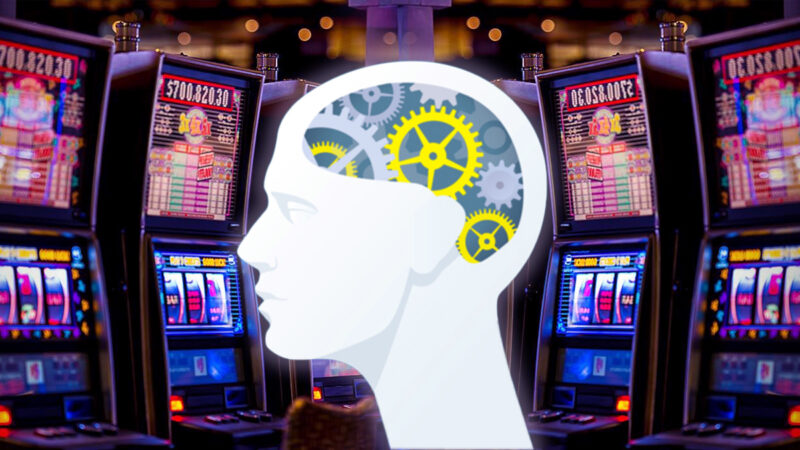Gambling is a popular pastime, but it can also be an addictive and damaging behavior. Slot machines are one of the most popular forms of gambling, appealing to large numbers of people around the world. This article will explore the psychology behind slot machines and how understanding their addictive nature can help us better manage our gambling tendencies.
Well, look at why they’re so alluring, from their flashing lights and bells to their deceptive payouts. Well also examine ways that gamblers can mitigate their risks while still enjoying playing slots responsibly at 888supergame.
1. What Makes Slot Machines So Addictive?
Slot machines are incredibly popular and seemingly attractive to gamblers all over the world. But what is it about slot machines that make them so addictive? The answer lies in their combination of fast-paced action, vibrant visuals, and tantalizing rewards.
Slot machines provide a unique experience where players can be immersed in the sights and sounds of a casino without having to worry about complicated strategies or long waits between payouts. Additionally, they offer frequent small wins which keep people engaged while providing them with a sense of achievement and satisfaction – both psychologically rewarding feelings that encourage repeated play. Furthermore, many modern slots have innovative features such as special bonuses or mini-games within each spin which adds an extra layer of excitement for players who enjoy the thrill of chasing big payouts!
2. The Role of Rewards in Gambling Addiction

The role of rewards in gambling addiction is a critical one. Although the reward system can be an effective motivator, it can also become problematic when someone becomes addicted to gambling. Rewarding behavior reinforces addictive behaviors and encourages people to gamble more frequently or for higher stakes.
Rewards also create a sense of euphoria that may lead people with an addictive personalities to continue chasing wins even after they have lost money. This cycle of winning and losing in pursuit of ever-greater rewards leads many gamblers down a dangerous path toward financial ruin, relationship problems, health issues, depression, and anxiety. As such, understanding how the reward system works – both positively and negatively – is essential for those looking to tackle problem gambling before it spirals out of control.
3. Exploring the Psychological Effects of Slot Machine Use
Slot machine use has been studied extensively in terms of its psychological effects. While it can provide a fun and exciting experience to some, it also poses certain dangers to players. For instance, playing too often or for too long could lead to gambling addiction issues and other mental health problems such as depression and anxiety. Additionally, the random nature of slot machines can be psychologically taxing on players because the outcome is unpredictable even when playing with skill-based strategies.
This unpredictability could have a negative impact on an individual’s emotional state by introducing feelings of frustration or hopelessness depending on the game’s results. Furthermore, studies suggest that slot machine use can cause people to act impulsively due to its fast pace and continuous rewards system which might lead them further down a path of excessive gaming behavior if not monitored properly. As such, understanding how these games affect people psychologically is essential in order to design responsible gaming practices and ensure users remain safe while enjoying their time at casinos or online slot sites.
4. How to Avoid Becoming a Problem Gambler

Gambling can be an incredibly enjoyable activity, however, it is important to take the necessary steps in order to ensure that it does not become an addiction. Here are some tips for gaming responsibly:
- Set time and monetary limits before you start gambling – this will help keep your playing under control and within reasonable boundaries.
- Make sure you’re aware of any losses or wins while playing – this will enable you to track how much money has been won or lost and whether it is getting out of hand.
- Take regular breaks when playing – taking frequent breaks helps reduce the chances of developing an obsessive relationship with gambling as well as allowing players to remain more conscious about their decisions during gameplay.
- Seek professional help if needed – if things are beginning to get out of hand, dont hesitate in seeking professional advice from organizations such as Gamblers Anonymous who offer support for problem gamblers.
5. The Impact of Social Factors on Gambling Habits
The association between social factors and gambling habits is undeniable. It has been found that individuals who have more socially connected lives, such as those with strong family ties or a large circle of friends, are less likely to develop a problem with gambling. The same holds true for those in the lower socio-economic classes: poverty can lead to financial desperation which could be an impetus for people to gamble away their hard-earned money.
In addition, studies have shown that those who live in communities where there is greater access to casinos and other forms of gambling entertainment are more likely to take part in these activities than those living elsewhere. This could be due partially because of availability but also because it becomes easier for people from these areas to integrate into a culture where gambling is accepted and even encouraged by peers they interact with on a daily basis.
It’s also important not to forget how influential media can be when it comes to shaping opinions around certain topics — like gambling — which means marketing campaigns targeting certain demographics are highly effective at increasing engagement with slot machines and other forms of gaming entertainment. Despite having implemented measures like responsible gaming tools, major industry players still use this method as an approach to encouraging customers’ participation in playing slot games online or off.



